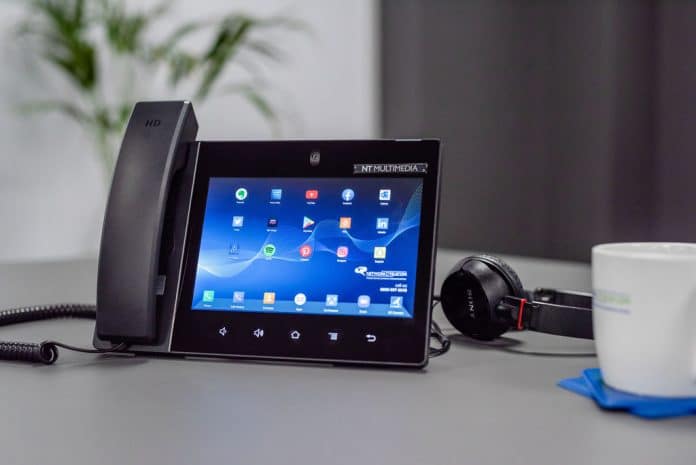Guest post by Duncan Ward
Combining your fixed and mobile telephony will result in a totally unified communications solution but what does this mean and what benefits does it bring to your business?
With more businesses than ever before adopting a flexible policy that allows their staff to work from anywhere, at any time, it’s essential that businesses offer a combination of flexible and mobile telephony to staff to ensure they have full access to their phone system, regardless of where they’re working from.
‘Unified communications’ is a buzz term that you will have undoubtedly heard, but what exactly does it mean? Put simply, unified communications is an umbrella term used to describe the combination of the multiple devices, tools and platforms that your company uses to communicate. But, how do you achieve this?
What is fixed and mobile telephony?
With many teams working in multiple locations; in the office, on the road, or at home, it’s crucial that businesses aren’t relying on a singular form of telephony. So, what are the different options available?
Fixed telephony describes the physical hardware that we’re all used to seeing on our desks. Typically, your fixed telephony, such as your traditional desk phone, is stuck in one place. However, thanks to huge technological developments, cloud phone systems are now able to offer plug and play handsets which can be picked up and plugged in, in various locations, making them much more viable in the current climate.
Mobile telephony on the other hand, is namely made up of your business mobiles, which can be taken absolutely anywhere with you. The difference between a business mobile and a plug and play handset is that a business mobile doesn’t rely on WiFi, making them truly flexible. Plus, business mobiles are able to be twinned with your business phone system, making them essentially an extension of your desk phone.
Why should you combine your fixed and mobile telephony?
In order to truly be able to work from anywhere, you need to combine your fixed and mobile telephony. One of the simplest and most cost-effective ways of doing this is to upgrade to a cloud phone system.
Cloud phone systems are communication solutions ‘housed’ within the cloud, giving you the means to access your phone system from absolutely any location. You can make calls, transfer calls, set up ring plans and use all of your favourite phone system features, wherever and whenever you are working.
Disjointed and interrupted phone conversations will be a thing of the past, with the ability to flip your live calls between your devices. With a cloud phone system, moving a call from your desk phone to your mobile is quick, easy and seamless, resulting in no disruption, better communication and maximised flexibility.
Cloud phone systems allow you to have a truly flexible working experience, where you’re able to stay connected, no matter your location. What’s more, with cloud telephony, you can access your phone system from an app or from your browser, turning your laptop or tablet into a softphone!
Why combining your fixed and mobile telephony is the right thing to do
With the recent shift in working practices, and the increased need for more flexibility, now really is the perfect time to combine your fixed and mobile telephony, to make sure you’re equipped with a robust, reliable and dynamic set of communication solutions that will enable you to efficiently and effectively communicate now, and in the future.
Upgrading to a cloud phone system, such as the intuitive and scalable NT Cloud PRO solution provided by Network Telecom, gives you the ability to work from anywhere, at any time, and from any device. Plus, the intuitive and easy to use softphone feature will ensure you’re able to keep talking, even without a handset or mobile, for even more flexibility!
Duncan Ward is CEO of Network Telecom. More about them and current offers here


